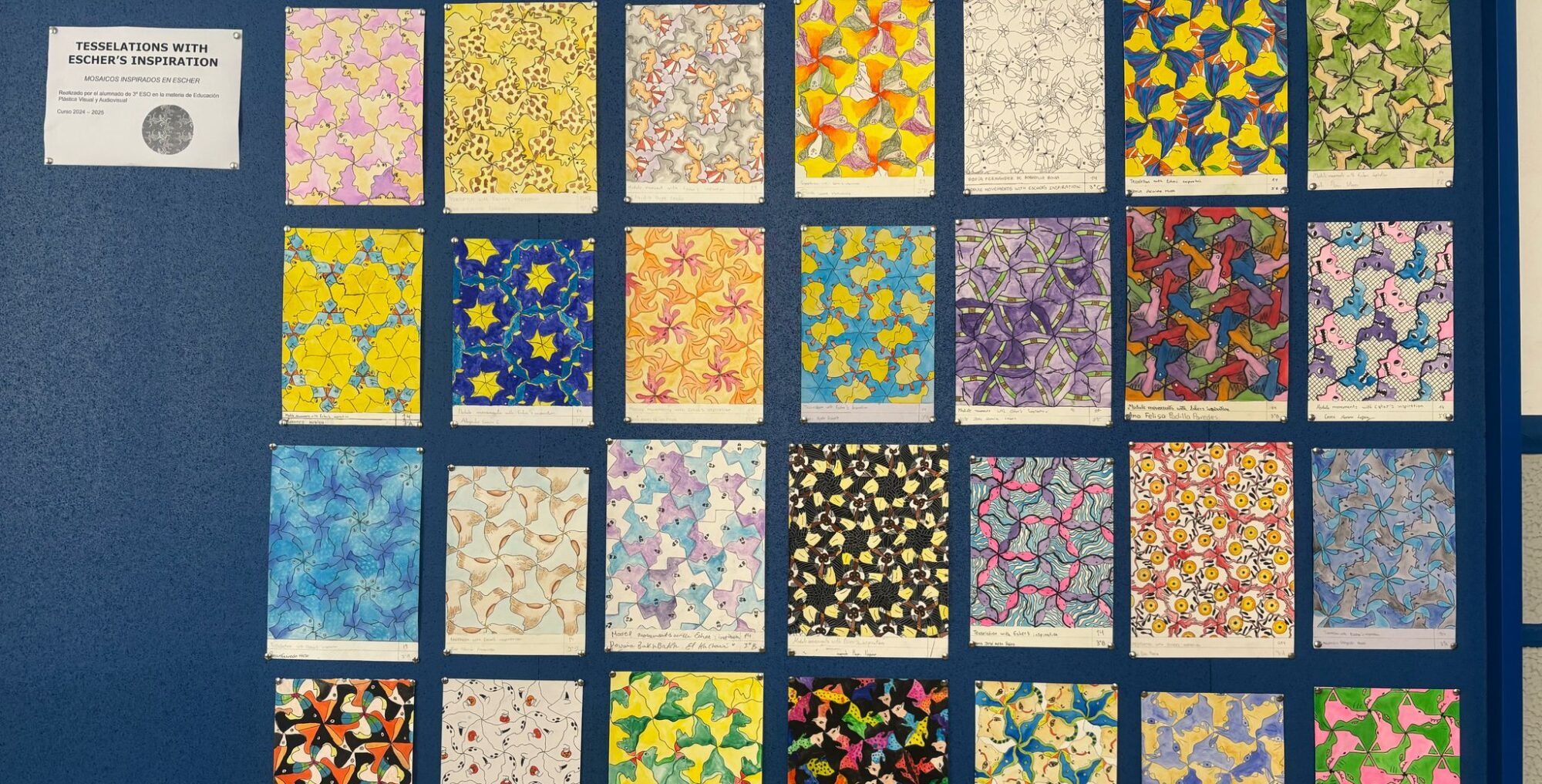This is the activity that everybody must do:
And this is the optional homework:
GOOD LUCK!! 

Celia Viñas Bilingual Learning Site
This is the activity that everybody must do:
And this is the optional homework:
GOOD LUCK!! 
Dear students of 1º ESO, now that you have finished your practical activity about conical perspective, you must open the following PDF attached to see the words you have to translate and to write its definition in english and spanish.
Definiciones perspectiva cónica
Kind regards,
Art teacher
3º ESO B
Tareas de las 33 a la 36 en el Aula Virtual ( repaso de puntos gramáticales, vocabulario y actividades de producción escrita)
1º Bach B,C
Tareas de la 37 a la 40 en el Aula Virtual ! (1 examen PEvAU y actividades de repaso)
Recomendación para ver en verión original:
Buenos días,
La lectura comprensiva que tenéis que hacer es la nº 19. Un saludo.
VIDEO Nº 4 where are the world’s worst slums . LOS PEORES BARRIOS MARGINALES DEL MUNDO.
VIDEO Nº 3. EXCLUSIÓN URBANA
Video nº 2 POVERTY AND INEQUALITY (POBREZA Y DESIGUALDAD SOCIAL)
Hi guys,
This is a new and very interesting unit, about development, poverty and inequality in the world.
Vamos a abordar un nuevo tema, muy interesantes sobre desarrollo, pobreza y desiguald en el mundo.
This week you have to watch several videos and information about this unit.
This is the first one.
Esta semana tenéis que ver varios videos e información sobre este tema.
A continuación tenéis el primero.
video nº 1
VIDEO Nº 4. CÓMO SE HACE UNA PIRÁMIDE DE POBLACIÓN
VIDEO Nº 3. DEMOGRAFÍA (ES LA CIENCIA QUE ESTUDIA LA POBLACIÓN)